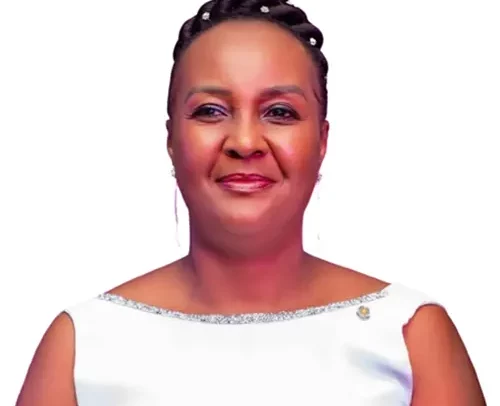Errama Arkhurst
Abuse in Ghanaian society is a pervasive issue, deeply ingrained in cultural, religious expectations and societal norms. Economic hardship, lack of awareness, and pressure to maintain social status all contribute to the normalisation of abuse in professional, social, educational and romantic relationships.
Economic hardship is a breeding ground for abuse. Poverty and financial instability have become potent tools in the hands of abusers. Victims often endure abusive situations for economic security, trapped in a cycle of mental, emotional and physical degradation, trauma, violence and fear.
Lack of awareness has and continues to be a major barrier to help. Limited knowledge about healthy relationships, boundaries, and rights, has led to a culture of ignorance and acceptance. Many victims are oblivious to their abuse and deem their situation as expected, and worst still normal, some are just unaware of the signs of abuse, and for those who may be aware, many times are silenced by fear of stigmatization and are reluctant to seek help.
The price of social status, the desire to maintain a certain lifestyle or social status can silence victims of abuse. The fear of losing their place in the upper echelon of life, being ostracized or judged by the high society members, prevents many from speaking out and seeking help. It is said, “there is always a price to pay” but this price may cost a life. Perpetrators are our everyday professional, business, religious leader, neighbour we interact with – hiding in plain sight.
Cultural norms possess a major challenge to addressing abuse especially concerning women and children. Ghanaian cultural norms often defer relational differences, prioritises respect, authority to patriarchal hierarchy, making it challenging for individuals in this group to speak out against abuse. Family intervention can also perpetuate abuse, as families may pressure victims to settle matters internally and expect victims to continue to endure for the sake of family honour. A culture where victims are punished and perpetrators are excused.
The religious approach of dealing with abusive relationships often prioritises maintaining the relationship over addressing the abuse. This is well-intended but a misguided approach and can have devastating consequences. This approach emboldens abusers and silences victims. Many faith-based counsellors lack training in abuse and trauma counselling. Without proper expertise, the ability to recognise the signs of abuse is absent, resulting in ineffective diagnoses of issues, it stands to reason, misdiagnoses have the high probability of prescribing the wrong interventions. Although unintentional and well-meaning, causes more harm to the victim.
Child Grooming is a growing concern, where adults build relationships with children both physically or online to gain their trust, often for various forms of abuse by the groomer. Groomed children are vulnerable and subjected to abuse both virtually and physically. Victims are more likely to stay silent due to the power-dynamics of the groomer.
Unfortunately, our laws alone do not seem to be enough, despite existing laws and regulations, abuse remains prevalent in Ghana. Limited resources, lack of awareness and education, social norms, lack of culpability and punishment contribute to the perpetuation of abuse.
A call to action by every Ghanaian is needed to help break the silence on abuse. Ghana needs a national campaign on education and awareness starting from the early stages of childhood. Key areas to consider, healthy relationships, boundaries, support systems, help-lines, and counseling services. An effective implementation of existing laws, readily availability of social services and a cultural shift to challenge norms that tolerate or normalise abuse.
This much desirable change needs each and every one to play an active part. Together, we can work to create a society that is intolerant of any form of abuse, values respect, consent, and accountability. Ensuring that appropriate sanctions are applied and tolerance is accorded to allow victims to seek the help they need without judgment nor condemnation.
It is time as a nation to want to break the silence, create a safer environment and culture that is intolerant of abuse and more tolerant of victims and survivors of abuse.


